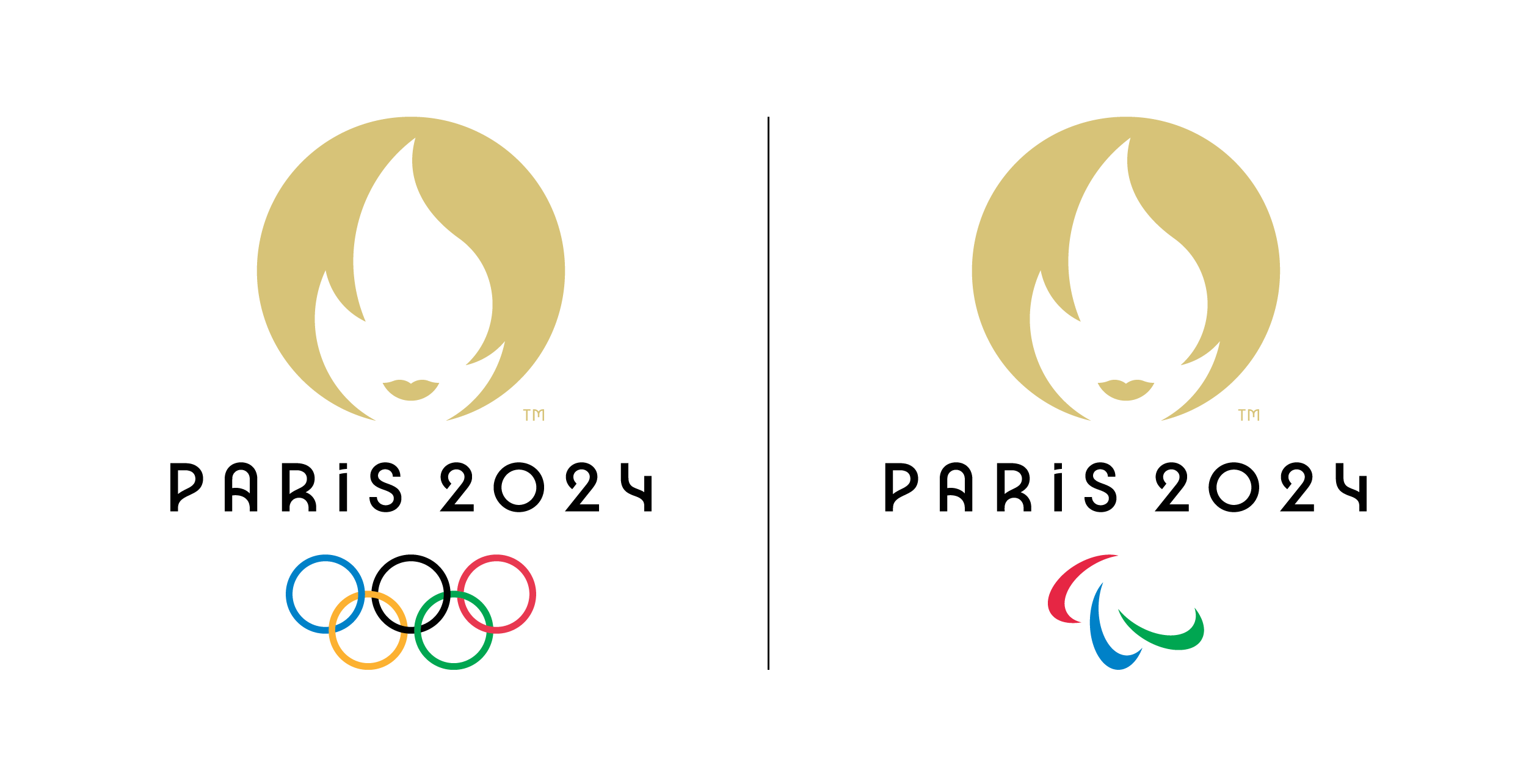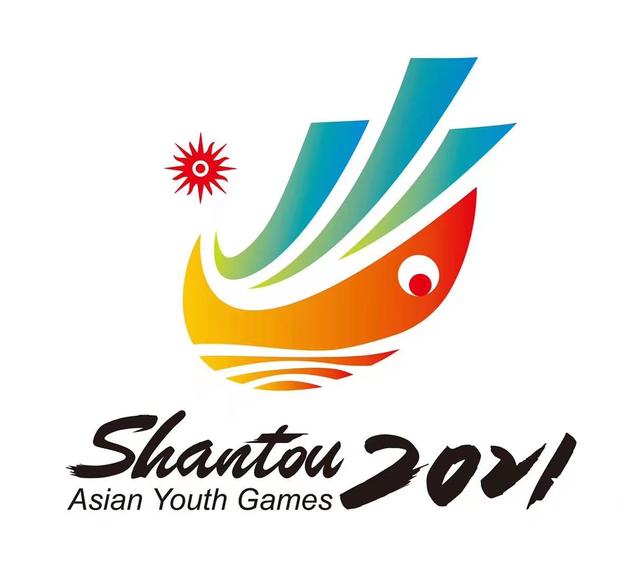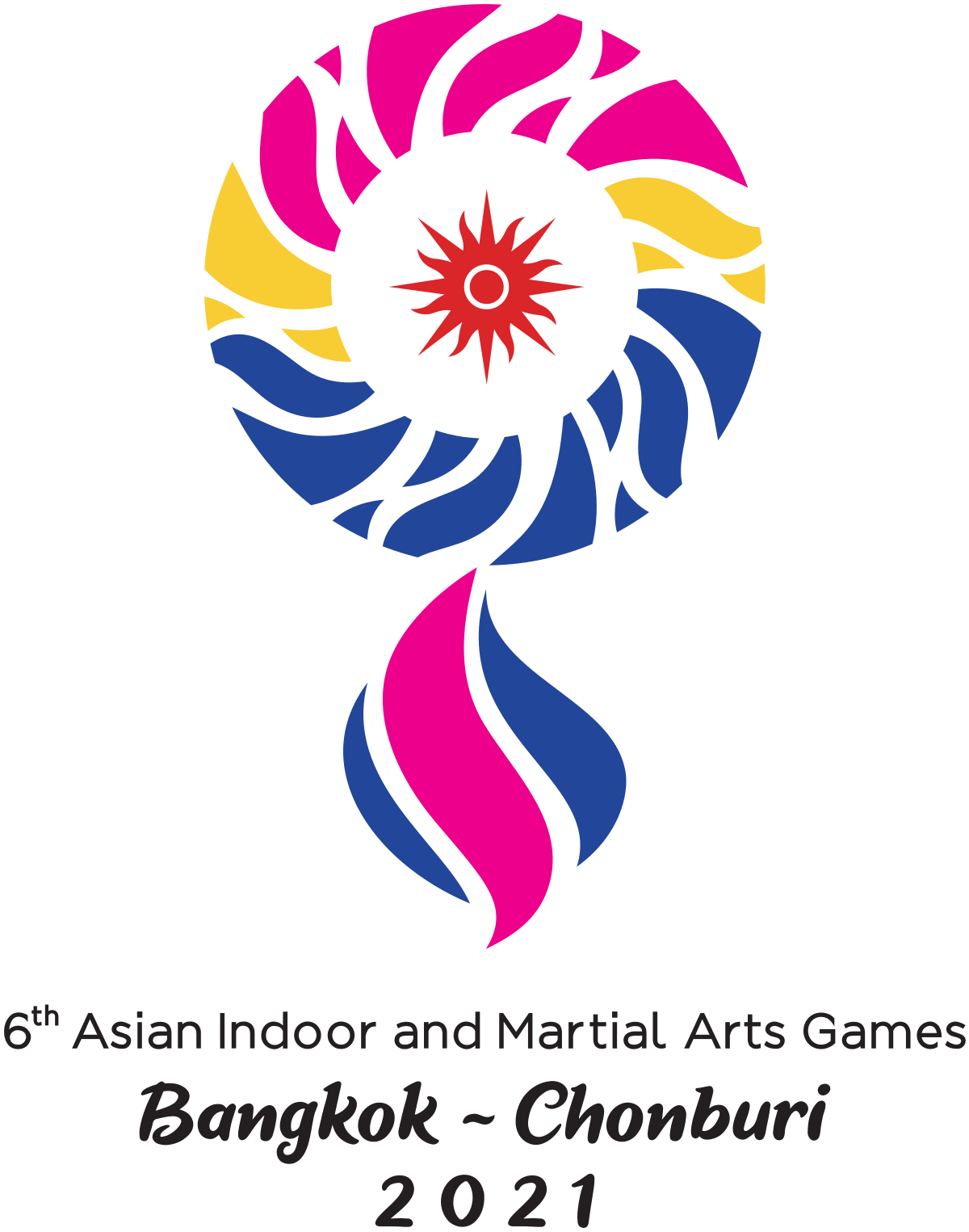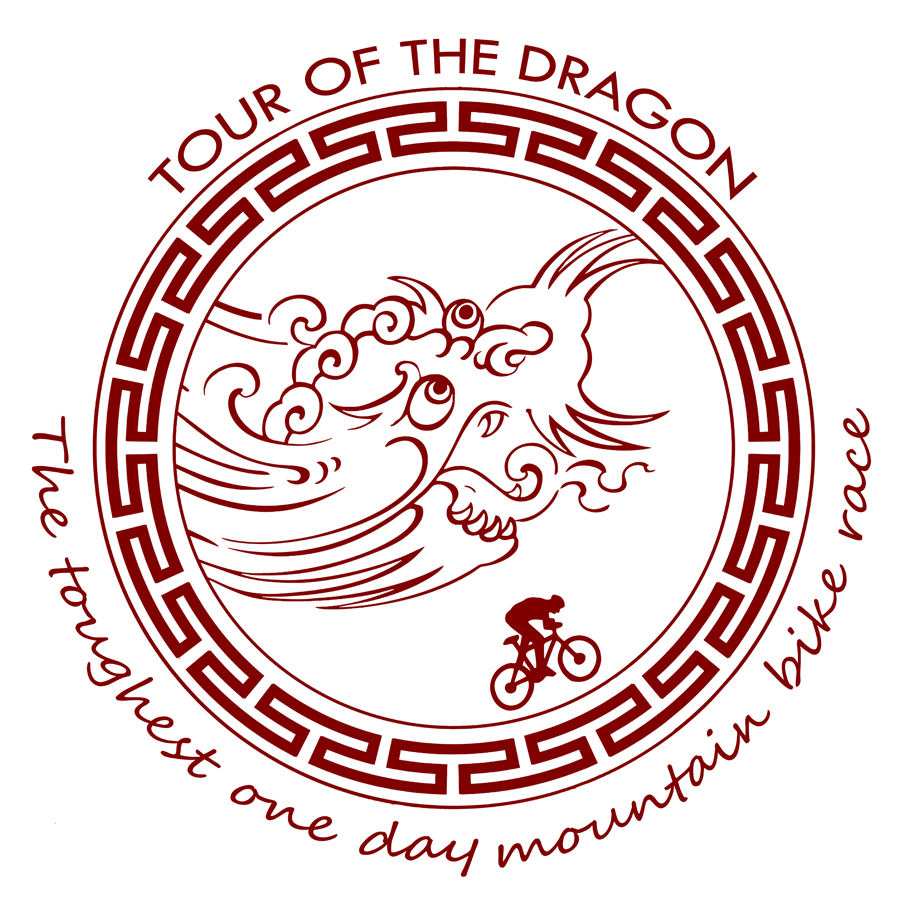International Olympic Committee
International Olympic Committee
The International Olympic Committee is the supreme authority of the Olympic Movement based in Lausanne, Switzerland, created by Pierre de Coubertin on 23 June 1894 with Demetrios Vikelas as its first president. Today its membership consists of the 205 National Olympic Committees.
The original Olympic Games date back to 776 BC. But the modern version was revived in 1894 at the initiative of French educator Pierre de Coubertin and held for the first time in 1896 in Athens, Greece, the birthplace of the original Olympic Games.
On 22 June 1894, the Olympic Games were re-created as an international tournament by Pierre de Coubertin. The baron hoped to foster international communication and peace through the Olympic Games. The IOC is a parent organization intended to localize administration and authority for the Games, as well as to provide a single legal entity which owns copyrights, trademarks, and other intangible properties associated with the Olympic Games. For example, the Olympic logos, the design of the Olympic flag, the motto, creed, and anthem are all owned and administered by the IOC.
The original Olympic Games date back to 776 BC. But the modern version was revived in 1894 at the initiative of French educator Pierre de Coubertin and held for the first time in 1896 in Athens, Greece, the birthplace of the original Olympic Games.
The Olympic Flag, with a solid white background, features five interlinked rings. Three rings (in blue, black and red) sit in the top row with another two (in yellow and green) below. The interlinking rings symbolise the five continents of Europe, Asia, Africa, Australia and America.
The Motto, Citius, Altius, Fortius, was adopted by de Coubertin and translated from Latin, it means “swifter, higher, stronger”.
The Creed “The most important thing in the Olympic Games is not to win but to take part, just as the most important thing in life is not to the triumph but the struggle.”
The Oath “In the name of all competitors, I promise that we shall take part in these Olympic Games, respecting and abiding by the rules which govern them, in the true spirit of sportsmanship, for the glory of sports and the honour of our teams”
The flame, first used at the modern Olympics in Amsterdam in 1928, represents the energy and zeal of top-notch athletes and those who love life.





